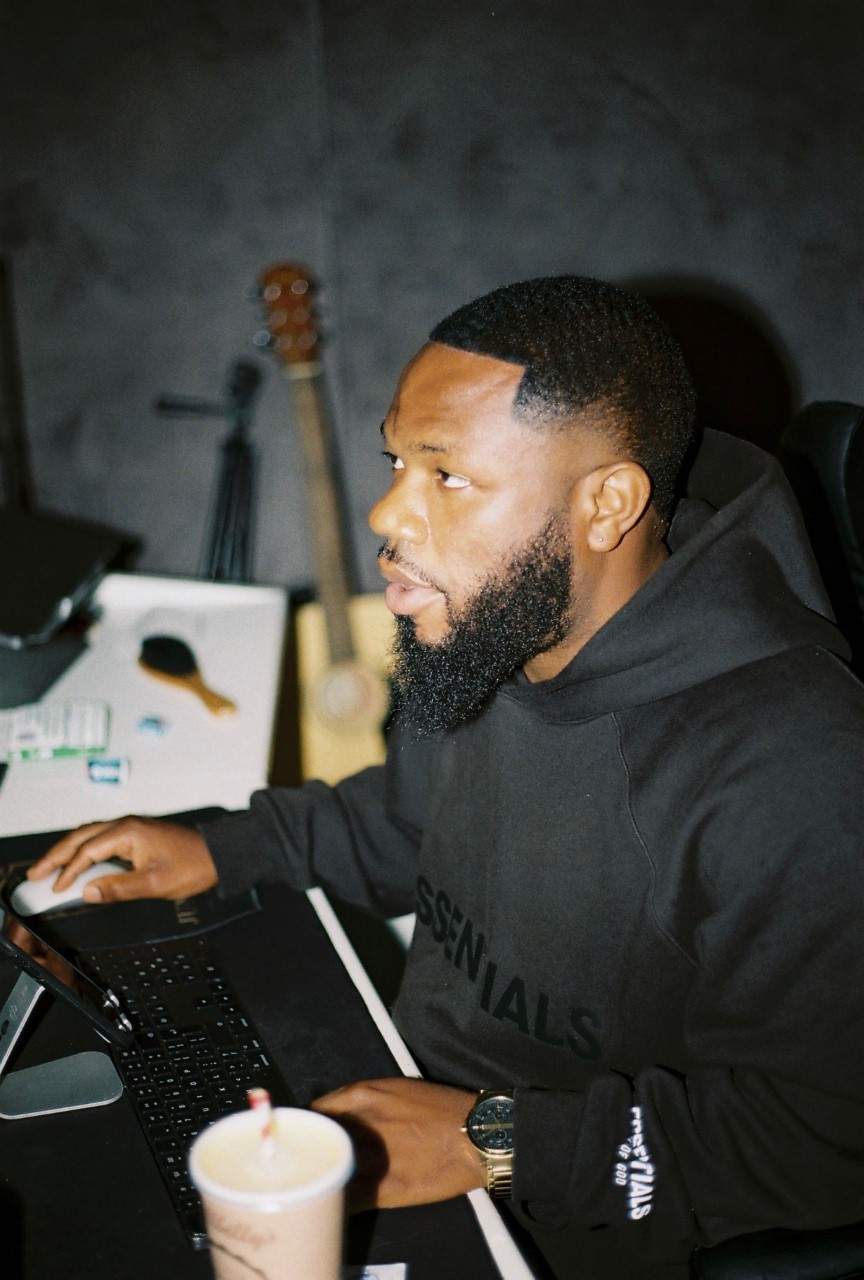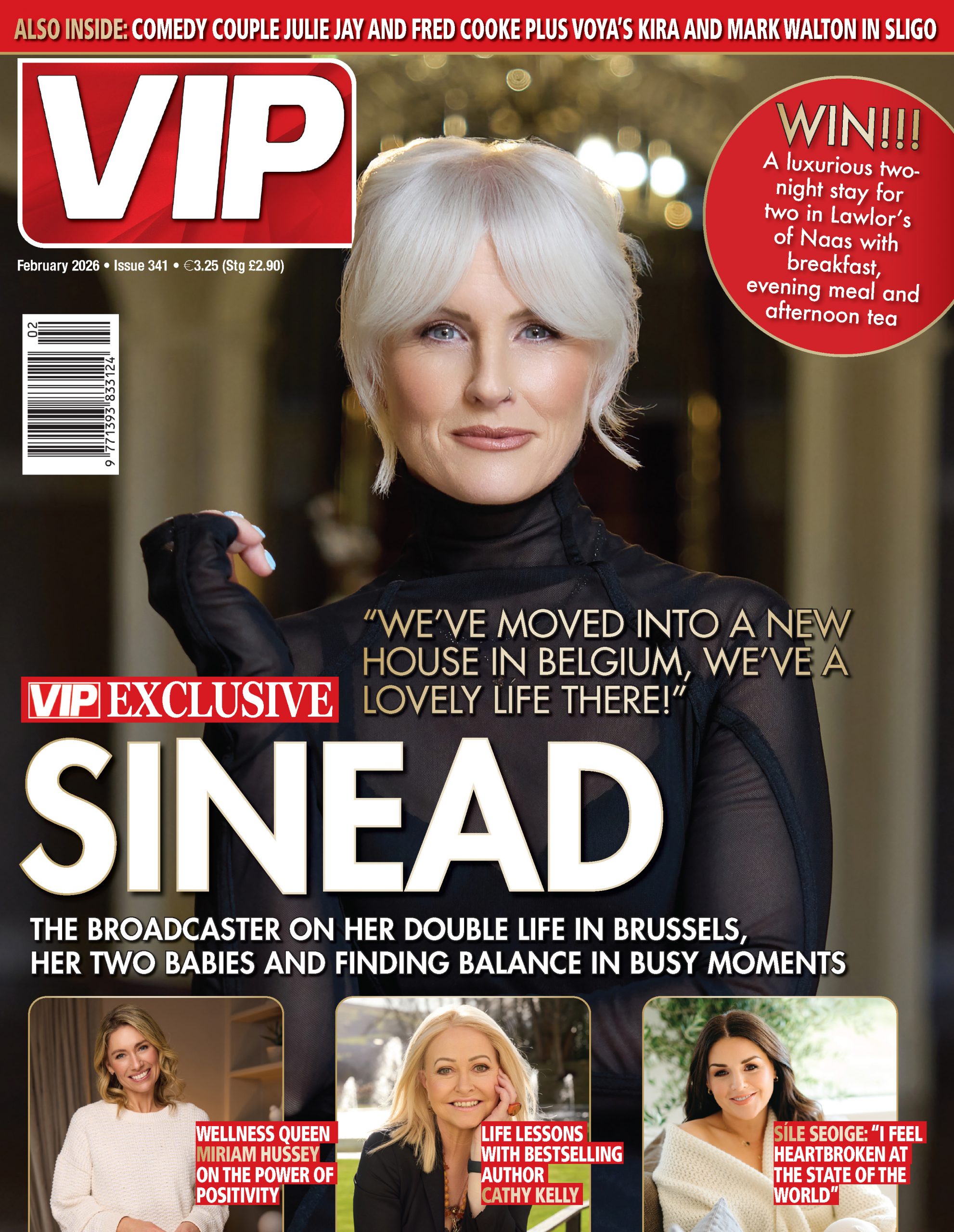
Ireland has long been known as the land of poets and scholars.
We have given the world some of the leading musical acts from U2 to Sinead O’Connor to The Cranberries. And more recently Niall Horan and Dermot Kennedy.
However, producer Simba Bianchi saw a gap in the market for urban music in Ireland. Not only a gap but there also didn’t seem to be a place for them to make music.
He set up Jungle Beam Studios almost two decades ago, and since then he has worked with acts like Tolü Makay and Sello. VIP Magazine sat down with him to learn more about his journey to become one of the top urban producers in the country.

Hi Simba, how are you? First off, tell us how you got into producing.
It’s a long story. I was always in the church, playing drums, bringing the sound in the church. Then I found out about rap music. I fell in love with it. I started rapping myself, I was artist for four or five years back in the day. I was recording myself and mixing and mastering my own stuff.
And I started to notice that we didn’t really have any studios catering to the urban scene during that time. I thought I can continue being an artist or I can try to solve a problem. That’s when I started running studios in my bedroom. Then I got another place and another place, so I really started building something over the last 15 years.
When you started did you ever think you would still be here with such a successful studio?
No! It was just something to do because I had friends who were making music. But they were all doing it themselves from their bedrooms. I thought I could make a bit of money while I was in college. But when I finished college I knew I didn’t want to do anything else. I told people were training for the main event because not much was happening back in 2010. But now we’re closer to the main event.
The artists you come to you usually try to incorporate their Irish roots into their urban tracks. Is that something that’s important to you?
Every rapper that has made any type of wave in this country is because they are staying true to themselves. They’re not trying to be American, they’re not trying to be English. We need to stay true to ourselves.
I like what Sello does because he recognises that and asks how he can stay true to Clondalkin, to Dublin and to Ireland. People love you for that because it’s real. It’s something the kids can look up to and feel like they can emulate.

That’s incredible, it must be nice to know you’re involved in that.
People want to champion Irish music. They want to look at someone and say that’s my guy. They don’t want to be looking across the sea anymore. We are in a great situation right now with music. I think this year is going to be incredible.
You mentioned Sello, is there anyone else you’re proud to have worked with?
Tolü Makay, definitely. Dania, you probably haven’t heard of him, but he needs to make more music. He is really true to the Irish experience.
View this post on Instagram
You mentioned that you didn’t imagine things going this far. So what is the goal now?
The goal, when I started, was to make a hub for the scene. And I think I’ve achieved that. So now my goal is to give a platform to upcoming artists. I have Simba’s Den where I can do that. A lot of artists record music but there’s a disconnect. They don’t really get anywhere because they don’t know what to do. I always want to help the artists. And we’re getting backed by different record labels to help the guys start their careers.
When you think of Irish music, you think of people like U2. Do you think the music scene has changed in Ireland? And do you think people are more open to listen to urban music?
Absolutely. I have to give a shout out to Longitude for that. They completely changed their lineup and saw that the landscape of music was changing. Now you see kids coming out rapping songs word for word. Sello was on The Late Late this year and Tolü Makay has been on it too.




